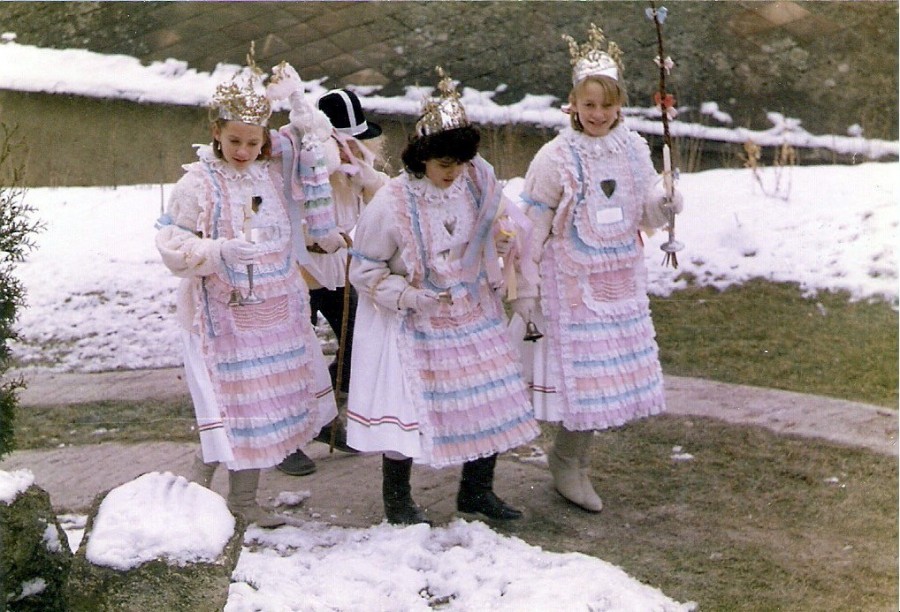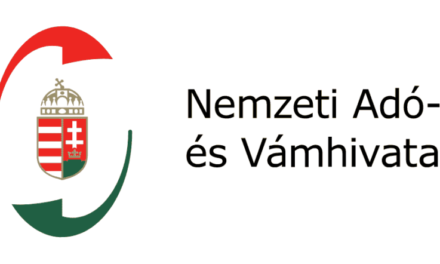An ancient German folk custom would be "taught back" to the people living in the motherland.
Chanting, nativity singing, singing - these Christmas, singing, house-to-house customs are most similar to the Christkindl Spiel.
This is a Christmas singing folk custom from the time of the Reformation, which was introduced in the 18th century. Germans who settled in the 19th century preserve it as an intellectual cultural heritage and continue to live it up to this day in several settlements inhabited by Swabians in the Bakony and Balaton highlands, reports 24.hu based on Veol .
The folk custom is also known as Christkindl, Christkindl-game, Christkindl-Spiel and Krisztkindli. The point is that on Christmas Eve, the girls appear as angels to the families to bring them the good news of the birth of Jesus.
It is a group of girls, which may be supplemented by a boy, but usually the boy's role is also played by a girl. At the end of the songs, they give a blessing to the household while saying good wishes.
Henriett Lipéczné Karsai, the ethnographic museologist of the Laczkó Dezső Museum, told the portal what the world sensation is about the Christkindl Spiel.
The world sensation is that this custom, which was brought by the German-speaking people who settled in our country, the ancestors of today's people, did not remain in the motherland. Now the people living in Germany can learn from the Swabians of Bakony and the Balaton Highlands, because in the motherland Christkindl is currently a golden-haired angel whose role is to open the Christmas market
a specialist told the portal.
In our time, the Christkindl Spiel changes year by year, elements are omitted, some are made more practical, but the tradition lives on, perhaps even more so with small changes.
What is a fact: long preparation, several months of preparation are necessary due to practicing the songs, assembling and maintaining the clothes, but this is the only way to preserve the tradition for future generations.
Photo: Christkindl walkers in Városlőd (photo: Sulinet Orekségtár)













